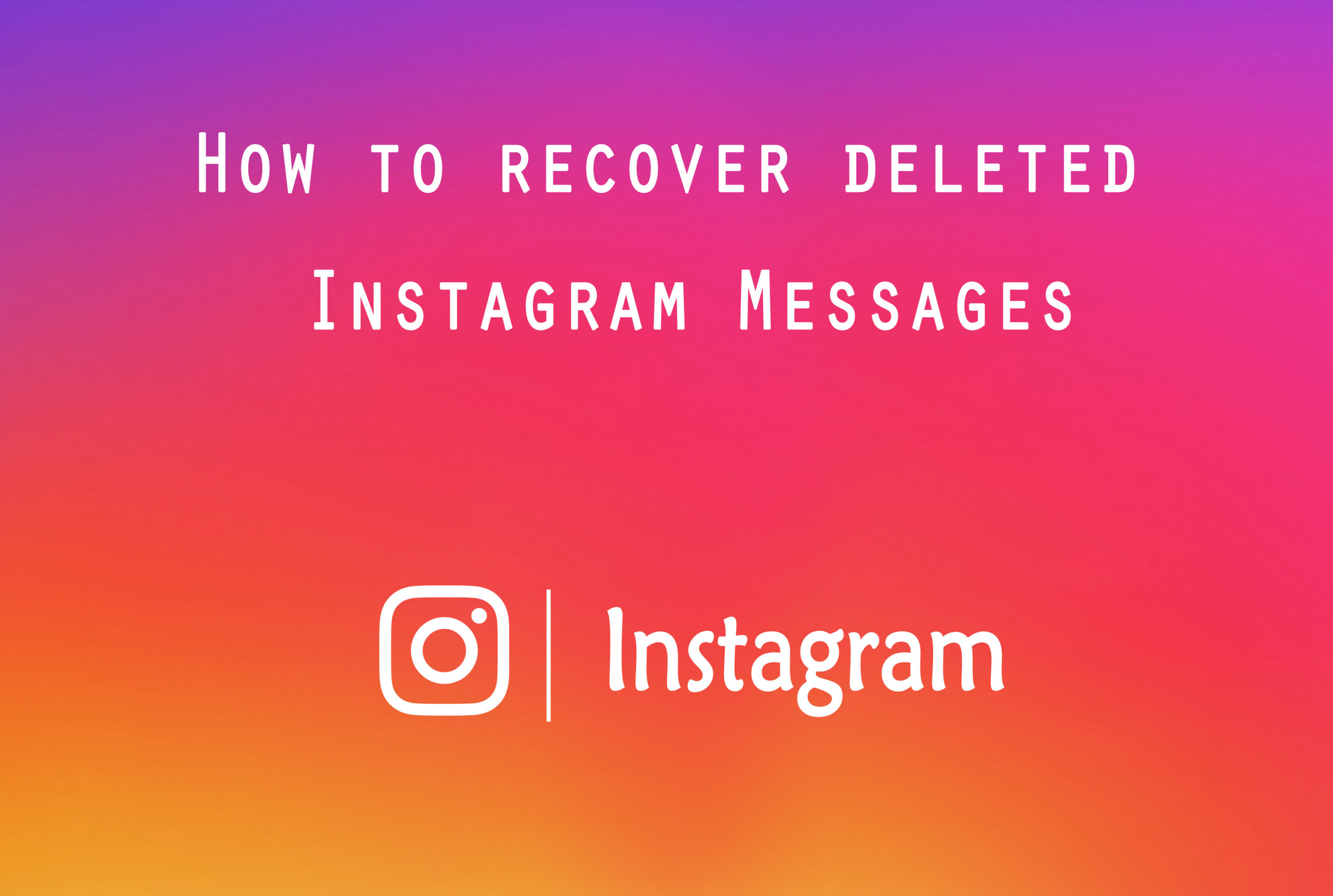Are you a newbie in the world of data science? The opportunities ahead are awesome! This is a profession that covers a vast range of topics, including IoT, deep learning, artificial intelligence, and more. Organizations from all industries can benefit from data science, and their teams know that. That’s why the demand for data scientists is in an expansion.
On average, data scientists earn almost $140K on a yearly basis. Money surely is a factor of motivation. But if money is your sole interest in getting into data science, you’re already making a big mistake. Without passion for numbers and statistics, you’ll quickly be bored. Data science requires a deep mathematical background and an ongoing process of learning.
But even if you enter this career with great passion, you might still make mistakes. All beginners are amateurs. But there’s a difference between those who rise above the rookie stage and those who fail to make progress.
If you’re aware of the common mistakes that data scientists make, you might recognize some of them in your own practices. When you recognize the flaws, it will be easy for you to fix them.
Are you ready?
We’ll list the 7 most common mistakes that amateur data scientists make.
-
Too Much Focus on Theory
Before you can get into the practices of data science, you’ll need some theory to provide a good foundation. This is often where beginners make a big mistake. Yes; the theory is very important in this niche. If you don’t apply that theory, however, you’ll end up with a huge database of information in your mind that serves no purpose. You’ll bury yourself in online courses and books, but you’ll struggle to apply that knowledge into a reality that requires a problem-solving approach.
How do you avoid this mistake?
Never divide the processes of learning and practice. These are not separate stages in your growth as a data scientist. You learn and practice continuously, at the same time. Whenever you’re focused on learning a new aspect of data science, you should work on datasets or problems where you can implement that knowledge.
-
Jumping into Practice Without the Needed Knowledge Base
This is the other extreme. Many people are inspired by the trend of data science… well mostly, they are inspired by the high salary. They did well with math and statistics at high school and college, so they assume they can master data science on the go. Instead of investing in proper education, they want to jump into problem-solving tasks right away.
That’s not how this works.
You can’t become a data scientist unless you master concepts of calculus, linear algebra, probability, and statistics. Maybe you don’t need too advanced knowledge to start, but you have to get above the basics. What you learned in high school is not enough.
So how do you solve this issue? If you’re still at college, it’s important to start taking the right courses. Focus on calculus and statistics and make sure to include probability in the mix. If you’re looking for an alternative to traditional education, you can always explore online courses. Coursera offers great courses and specializations.
-
Preferring Complex over Simple Solutions
A data scientist is a genius. This is a person who can do advanced math and statistics but can also code. At the same time, they understand how businesses work. When you have that many tricks up your sleeve, you want to impress clients. Thus, you might think that it’s always necessary for you to apply the most complex computer science and statistical methods.
No.
This is a very costly mistake. It will cost you time, effort, energy, and nerves.
The main tools for a data scientist are data exploration and visualization. You will and you should be spending most of your time exploring data. That’s what clients are hiring for. Unless you’re specifically hired to write an in-depth analysis of a basic business issue, don’t do it. Focus on what your job description says: discover actionable indicators and recommend specific steps for your clients.
Suggested:
The ultimate guide for Big database and why it is important for business?
-
Using Data Science Slang in Your Resume
Have you ever wondered why so many data scientists decide to hire a writer for their resumes? They already have the knowledge and skills needed for this kind of profession. So why don’t they just list those qualifications and get the resume done?
Many job applicants do that, and they make a huge mistake. They list a plethora of tools they know how to use, and the techniques they implement in their practices. Do you know what that means to a hiring manager? Absolutely nothing!
Recruiters, hiring managers, and business owners are not data scientists. They want to know what you can help them achieve. Yes; they want to see what you’re skilled at. But you can’t list terms like classification, regression, and clustering without explaining what they are important for the employer.
The best way to avoid this mistake is to write the resume for a beginner reader. Consider the fact that the person who will read this has no idea about data science terms. They want to know how you’ll help them improve their practices, so that’s what you should focus on. If you’re looking for a quick solution, you can rely on the best essay writing service. You can go to a writing service that’s specifically focused on delivering resumes, but academic writing agencies like Best Dissertation will also do a great job for you.
-
Procrastinating the Work on Simple Requests
“It’s just a few lines of SQL code… I’ll just do it next week.” When the client requires a simple task from the data scientists, the procrastination habit kicks in. You tend to think like an advanced engineer, so you like building scalable architectures for long-term results. But guess what: the client usually needs quick steps and actionable insights from you. If you can’t provide such solutions, you’re won’t be successful at completing tasks.
Keep this to mind at all times: your clients care about sales. When you can provide insights through very simple tasks, you’ll be doing your job well.
Do not neglect the simple requests. In fact, you should turn them into a priority. Instead of being focused on implementing all tools and the entire knowledge you have, just focus on solving business problems.
Suggested:
How Hadoop is different than a traditional database?
-
Ignoring the Need for Communication Skills
“Just trust me on this one. I’m an engineer. I know what I’m doing.”
Data scientists love that. Clients hate it. No; they are not going to trust you just because you have the education and skills to be a data scientist. They will trust you only if you manage to communicate your ideas. If you stop the communication channels, you’ll fail to convince the clients that you’re doing your job. You’ll leave them hesitant and stressed out.
Communication skills are essential for building a successful career in data science. The communication should flow along the analysis. As you make progress with the analysis, you’ll communicate the steps and you’ll explain the recommendations on the go. Don’t wait to deliver an entire report of several pages. You’ll surely do that as the final point, but prepare the client well through gradual information.
-
Jumping into a Project without Developing a Plan
When data is easily available for a particular project, a beginner data scientist usually jumps in without defining questions and a plan. That’s a recipe for a disaster.
Never forget what a real professional knows: data science is a very structured process. It must start with specific objectives and questions. Without such structure, you’ll easily get lost in a huge volume of data without a purpose.
Start by setting hypotheses that help you achieve the final objective. Plan how you’ll test the hypotheses. That’s always the starting point.
Also, read:
Better tricks to safeguard your company’s database.
It’s Okay to Be a Beginner; Just Be a Good One!
Well you can’t become an advanced data scientist out of the blue, can you? You have to start somewhere, so you can’t skip the beginner stage.
But it’s still important to be a great beginner. When you avoid the seven amateur mistakes we listed above, you’ll think and act like a true professional. That’s what sets the way to career success.
Like this:
Like Loading...













 3 Search Engine Optimization Trends That Will Take off in 2025
3 Search Engine Optimization Trends That Will Take off in 2025
Excellent sharing idea. This post is very informative for readers.
It’s an amazing post. It really affects the able post. Thanks for sharing the post.
Superb, sharing ideas. You are the best rather than other. I see many post an article, But that is totally different. It’s an amazing post. Thanks for sharing the post.
I would think that heavy theory focus would make for a bland, boring, too difficult to follow study. Good points all around guys.
This is exactly what happens to professional in IT world. Majority of the people don’t have any idea about your work. To stand out you need to work on your communication skill to bridge the gap.
Thanks for sharing your thoughts, Francis.
Awesome share.!!!!!!!!
Your article will help me.
I am glad to gain this remarkable information from you.
Thank you so much for sharing the valuable post.
First I thank you. I was benefited by reading this post, which was very useful for me.
My knowledge has increased. I have read a lot of blogs before, but I did not get as much advantage as I did when reading this blog. I like the way you write your blog, method of writing. Write the same blog and keep giving everyone knowledge.
“Gaining knowledge increases knowledge!”
Hi Robin,
Good to see Kurt on your page with a wonderful and timely subject.
Yes, as Kurt said, world of data science is indeed a vast area which covers a lot of other subjects like AI, IoT etc.
I am sure this will be one of the basics of Internet activities.
Thanks Kurt for this valuable share here.
Keep sharing.
Have a great time sharing ahead.
Season’s Greetings To You both.
Best.
~ Philip
Hi Philip Sir,
Thanks for sharing your valuable thoughts.
Have a good year ahead.